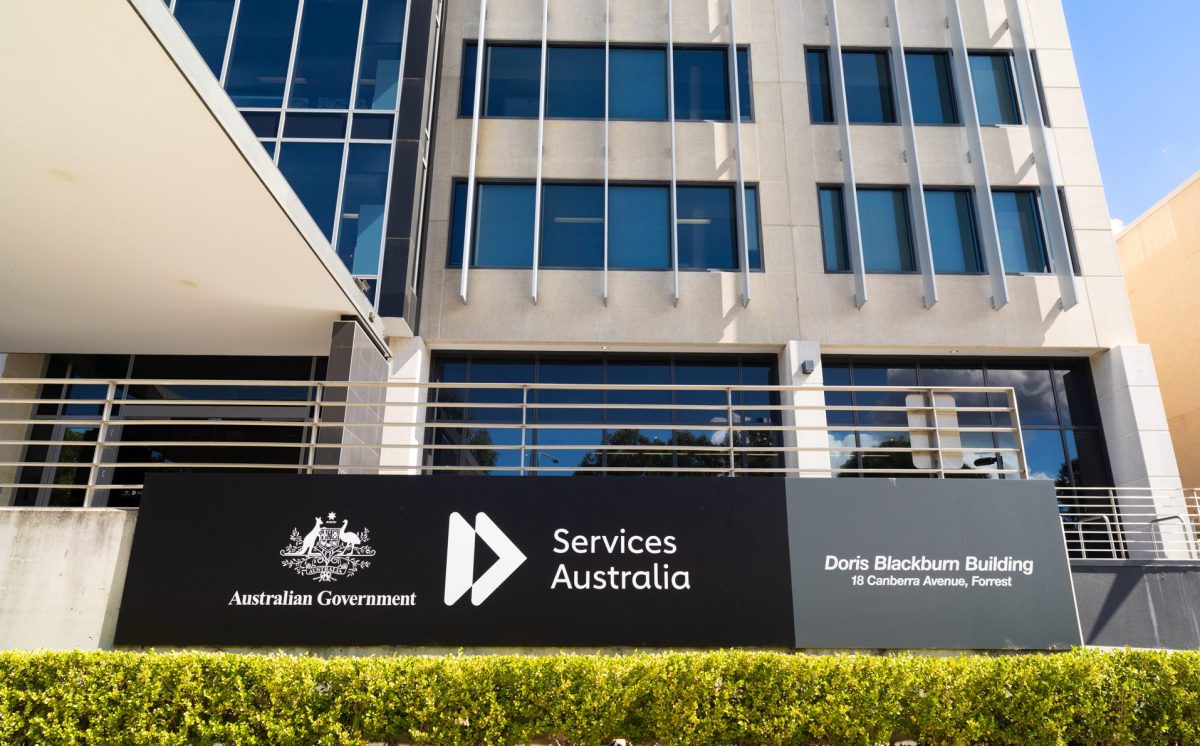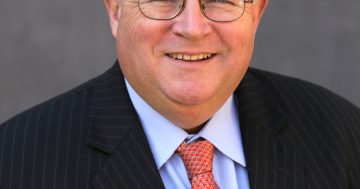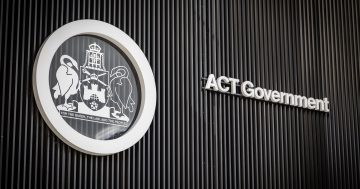
Consultants to the APS are not such a sure thing any more as Services Australia, for one, is discovering. Photo: Michelle Kroll.
Consultants beware – the government really is serious about shaking things up.
Labor is determined to reduce wasteful spending in the Australian Public Service and is firmly focused on the contracting dollar.
The new year has brought with it a sharpened focus on auditing outsourcing across the sector.
Consultancy contracts are being coordinated through the Department of Finance, with all requirements being closely monitored by the central agency.
As Region first reported early in January, two new panels for Whole of Australian Government (WoAG) procurement of consultancy services have been centralised in Finance in a bid to save money and reduce the incidence of favoured or corrupt contracts.
A Finance Department spokesperson told Region: “In 2022, Finance established two new WoAG panels: the People Panel, for recruitment and search services, labour hire services and contractor services; and the Management Advisory Services Panel, for management advisory services, commonly known as consultancies.
“These panels are mandatory for non-corporate Commonwealth entities and optional for corporate Commonwealth entities and Commonwealth companies, including Government Business Enterprises authorised by Finance to use the Panel. Procurements undertaken using these panels are reported on AusTender in the usual manner.”
Region also broke the news of a thousand contractors being laid off at Services Australia just before Christmas.
The effort is ramping up across the APS since the return of workers following the Christmas shutdown.
“Expect to see a lot more contractors let go and a lot fewer consultancies hired this year,” a government insider told Region.
“The budget bottom line is what’s ruling all decisions right now and things will change rapidly in the APS.”
But a high-level consultancy source said it would be next to impossible for the government to replace any significant level of external contracts.
“Consultants are embedded and the government has to face up to that fact,” they said.
“Yes, some more contracts won’t get renewed but the APS will always use – and need – the services of external consultancies. It’s a fact of public life.”
As Region also reported last year, APS middle management and rising leaders are already being coached in how to act and think more like external consultants and be less risk-averse.
With fewer outsiders being brought in to do the ‘dirty work’, APS bosses themselves will have to shoulder more of the unenviable tasks of restructuring organisations and delivering bad news.
“The APS is being told they need to be less risk averse and step away from what they know,” one source told Region.
“They have to start thinking more like consultants. Be less concerned about the impact their decisions will have on the status quo. Don’t be afraid to adversely affect others by making those decisions.”
These discussions are already being had during teaching sessions at the APS Academy.
Inviting consultants to come into an agency’s workforce as ‘fixers’ to make the tough decisions and be blamed for them could soon be a relic of an APS past.
A cultural change requiring the APS to fix its own problems internally while also learning to approach issues with more creativity could be one result of there being fewer consultants in the sector.




















